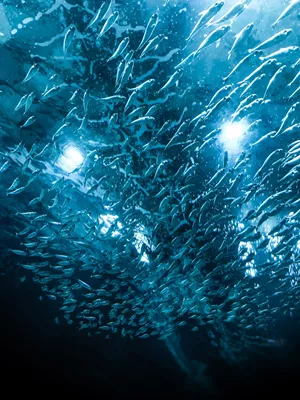Main Amendments to the Federal Fisheries Law 24922 According to the Omnibus Bill
The main change consists in the replacing the current regime of fishing quotas (article 27) by company or business group (article 27 of the law).

Currently, the fishing quotas are a fixed percentage of the maximum allowable catch (CMP), which the Federal Fishing Council (CFP) determines every year for the quantified species, according to the recommendations of biological sustainability of the National Institute of Fishing Research and Development (INIDEP). These quotas were calculated on the basis of a formula that weighted several factors (e.g., national labor, vessels built in the country, local value added to the final product, catch and production history, etc.).
This regime would be replaced by a bidding mechanism of a percentage of the CMP, payable in advance to the state. This is not defined in the Bill.
This would immediately capture the anticipated income on the value of the resource to be fished, instead of obtaining indirect income derived from the general system of permit holders taxation over the life of the permit.
The new permits would have a 20-year duration to amortize the initial investment, instead of the 10-year duration currently in force.
The current quotas expire during 2024, and their current holders would have a preference mechanism that would allow them to obtain up to half of the historical quota, taken at the value of the highest bid price.
For species NOT included in the quotas, it would only be necessary to request the CFP’s authorization.
The obligation to unload products only in Argentine ports and restrictions on the hiring of foreign personnel on board would be eliminated.
It is relevant to highlight the elimination of article 27 bis, which punished companies operating in the Argentine sea without a permit (especially in Malvinas waters).
This insight is a brief comment on legal news in Argentina; it does not purport to be an exhaustive analysis or to provide legal advice.